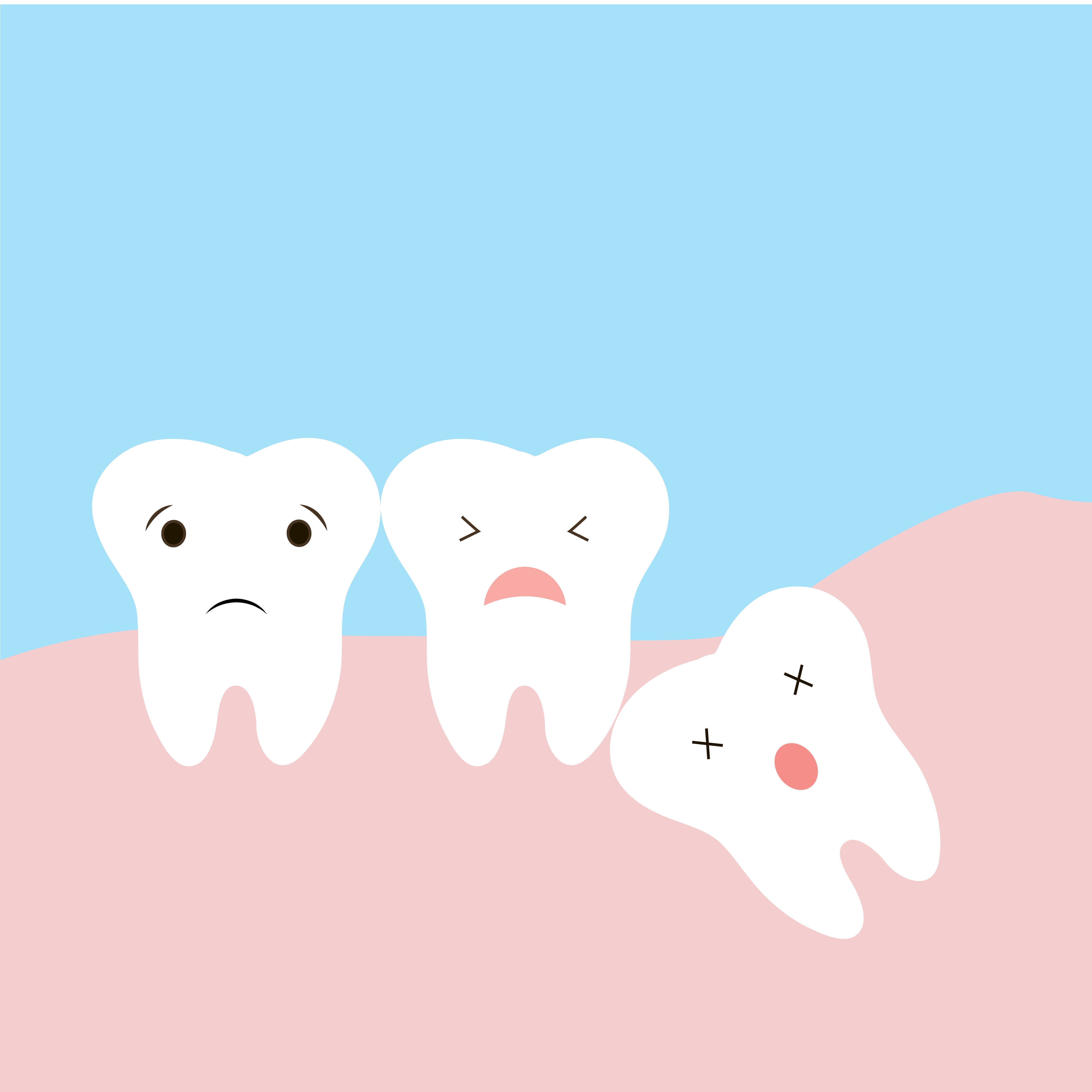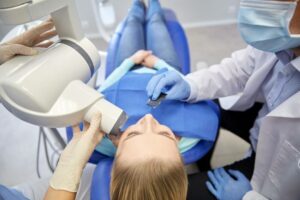Wisdom Teeth and Your Dental Health
Wisdom teeth aren’t just the butt of corny jokes (no, you won’t lose any wisdom), they can cause a great deal of pain and discomfort if not cared for properly. They’re also one of the most popular reasons to visit the dentist. In fact, 85% of people will need to have their wisdom teeth extracted at some point in their life, making it one of the most common procedures adults (and teens) experience across the nation.
If so many people are getting them removed, what gives? Why are these pesky teeth in our mouth in the first place? And why do we need them removed? And what can you expect when getting them removed? We’ll bring some wisdom to the topic of wisdom teeth, and answer all of your burning questions.

What are Wisdom Teeth?
Wisdom teeth are the third set of molars in your mouth. According to Anthropologists, we have wisdom teeth because of what our diet used to be comprised of—course, rough foods (think ruffiage and lots of animal protein). These foods typically required a lot more chewing and tougher teeth to cut through it than other foods do now. Thankfully, because of softer foods and utensils, we have moved away from tearing meat with our back teeth like a savage (if you still do, no judgment here) and use more of our other teeth in our mouth rather than wisdom teeth. So, because of evolution, wisdom teeth have become useless and are now considered part of the vestigial organ family.
Wisdom teeth come into play so late in the game due to the order of tooth eruption in the mouth. Wisdom teeth are the last and final molars to appear, and because they appear well into one’s childhood, were given the nickname “wisdom teeth.” Typically, people will have 1-4 wisdom teeth and are most commonly impacted when they finally do appear. Scientists believe that wisdom teeth are impacted due to evolution and humans now having smaller jaws than they did in the past. When wisdom teeth are impacted, it can be a painful and uncomfortable experience. So, how do you know if your wisdom teeth are impacted?
Signs and Symptoms of Impacted Wisdom Teeth
Dentists know that there are several levels of impaction of wisdom teeth, ranging from soft tissue impact to complete bony impaction. While impacted wisdom teeth don’t always show obvious symptoms, some common symptoms related to wisdom tooth impaction include:
- Pain
- Swollen gums
- Bleeding gums
- Swelling around the jaw
- Bad breath
- Headache or jaw ache
- Stiff jaw or neckIf you are experiencing any of these symptoms, consult your dentist. Dentists will typically perform an x-ray and make sure the reason you are experiencing symptoms is due to wisdom teeth impaction.
Wisdom Teeth Removal—What to Expect
Wisdom tooth removal, or extraction, is the process of removing all wisdom teeth that are affecting the mouth in a negative way. First, your dentist will most likely recommend not to eat past midnight the evening before your surgery. Once in the office, your dentist will provide you with a local anesthetic or a general anesthetic (and if you’ve got a great dentist, Oral Sedation). For the actual removal, your dentist will explore your gum tissue, remove any bone that may be covering the tooth, and then remove the tooth. Once it’s removed, stitches are usually required. Some dentists use dissolving stitches, others do not. Ask before your procedure and your dentist will discuss any questions you do have in great length and make sure you’re as comfortable as possible.
Aftercare
Wisdom teeth extraction recovery is typically a quick process, with a healing period lasting no longer than a few days. Our tips for an even speedier recovery are as follows:
- Take any prescribed painkillers as needed, or if this is too intense, something like Tylenol or Ibuprofen will do.
- Don’t lie completely flat for a few days. Instead, prop your head on a pillow to increase blood flow and speed up the healing process.
- Apply an ice pack to the outside of your mouth to calm any swelling.
- Stick to soft foods (soups, ice cream, pudding, yogurt, etc) as to not irritate the incisions.
- Do not smoke for at least 24 hours after your surgery.
- Do not rub or touch the area with your tongue or fingers.
- Brush your teeth and maintain good oral health as normal.
There will be pain and swelling, which is completely normal. Be sure to relax, get some rest and as always, ask your dentist if you have a question.
If you or a family member may suspect impacted wisdom teeth, or have questions about wisdom teeth removal, contact the friendly and professional team at West Chester Dental Arts! We’ll be happy to answer any questions you may have, and make your experience a comfortable one!



